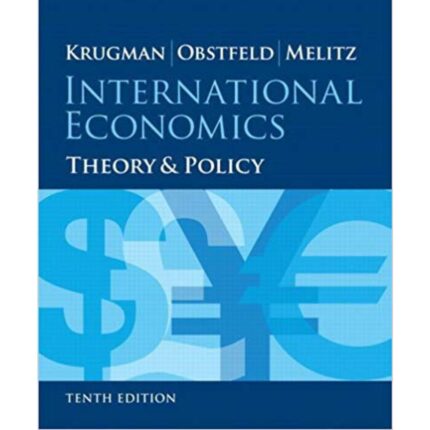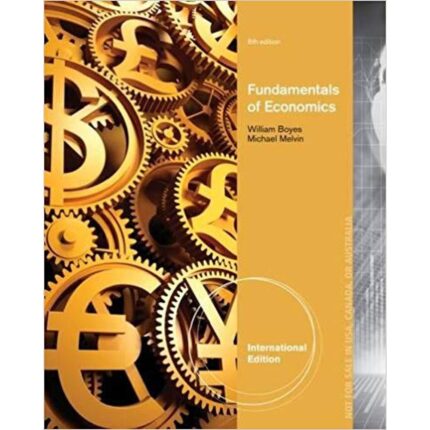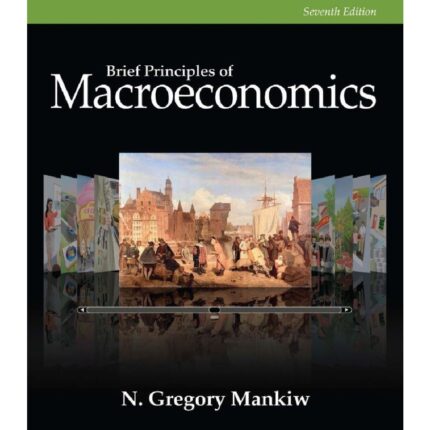1. During which round of negotiations did the WTO toughen its stance against domestic policies that limit trade?
A) Bretton Woods
B) Uruguay
C) Doha
D) The WTO never toughened its stance against domestic policies.
Ans: B Difficulty: Easy Section: Introduction Skill Descriptor: Fact-Based Topic: Introduction
2. Where was the Climate Summit held in December 2009?
A) Brussels
B) New York
C) Seattle
D) Copenhagen
Ans: D Difficulty: Easy Section: Introduction Skill Descriptor: Fact-Based Topic: Introduction
3. What was the result of the Climate Summit held in December 2009?
A) All countries signed binding agreements to reduce their greenhouse gases by 20% during the next 10 years.
B) No country signed binding agreements to reduce their greenhouse gases.
C) Only developed industrialized countries agreed to reduce their greenhouse gases by 20% during the next 10 years.
D) Only China and India agreed to reduce their greenhouse gases by 20% during the next 10 years.
Ans: B Difficulty: Easy Section: Introduction Skill Descriptor: Fact-Based Topic: Introduction
4. The World Trade Organization is called _______________ because it involves many, if not most, of the nations in the world.
A) a bilateral trade organization
B) a trilateral trade organization
C) a multilateral trade agreement
D) a quasi-political trade organization
Ans: C Difficulty: Easy Section: Introduction Skill Descriptor: Definitional Topic: Introduction
5. A regional trade agreement involves:
A) Most, if not all, the nations in the world.
B) several nations, usually trading partners, with a common agenda or geographically linked.
C) nations that agree to trade only with nations in their region.
D) a region of the world with not only trade issues but also political cohesiveness.
Ans: B Difficulty: Easy Section: Introduction Skill Descriptor: Concept-Based Topic: Introduction
6. Which of the following is NOT a regional trade agreement currently (2014) being considered?
A) the Trans-Pacific Partnership
B) the Trans-Atlantic Trade and Investment Partnership
C) the North American Free Trade Area
D) the Europe-Japan Free Trade Area
Ans: C Difficulty: Easy Section: Introduction Skill Descriptor: Fact-Based Topic: Introduction
7. Many regional trade agreements include other provisions that are not part of the treaty, but they are add-ons that might be important to trade issues. These are called:
A) addenda.
B) side agreements.
C) environmental pacts.
D) worker rights documents.
Ans: B Difficulty: Easy Section: Introduction Skill Descriptor: Definitional Topic: Introduction
8. In which type of trade agreement does the WTO allow exclusions to the most favored nation principle?
A) multilateral trade agreements
B) free-trade areas
C) customs unions
D) free-trade areas and customs unions
Ans: D Difficulty: Moderate Section: International Trade Agreements Skill Descriptor: Fact-Based Topic: International Trade Agreements
9. Which of the following is NOT part of the NAFTA?
A) tariff elimination on trade between member nations
B) an agreement on worker rights in each country
C) an agreement on environmental conditions in each country
D) elimination of restrictions on movement of labor between member countries
Ans: D Difficulty: Easy Section: International Trade Agreements Skill Descriptor: Fact-Based Topic: International Trade Agreements
10. Which of the following features is included in the NAFTA Agreement?
I. a common tariff structure adopted by Canada, Mexico, and the United States
II. elimination of tariffs on trade among Canada, Mexico, and the United States
III. free mobility of labor and capital among Canada, Mexico, and the United States
A) I
B) II
C) III
D) I, II, and III
Ans: B Difficulty: Moderate Section: International Trade Agreements Skill Descriptor: Fact-Based Topic: International Trade Agreements
11. What is the “most favored nation” principle of the WTO?
A) Trading partners may choose a favorite nation to trade with.
B) Any nation can refuse to trade with another that is not its most favored nation.
C) The WTO has the right to choose the nation that has performed best within the WTO guidelines as its most favored nation.
D) Every nation must grant the same rights and treatment to other nations in the WTO as its “most favored nation.”
Ans: D Difficulty: Easy Section: International Trade Agreements Skill Descriptor: Definitional Topic: International Trade Agreements













Reviews
There are no reviews yet.